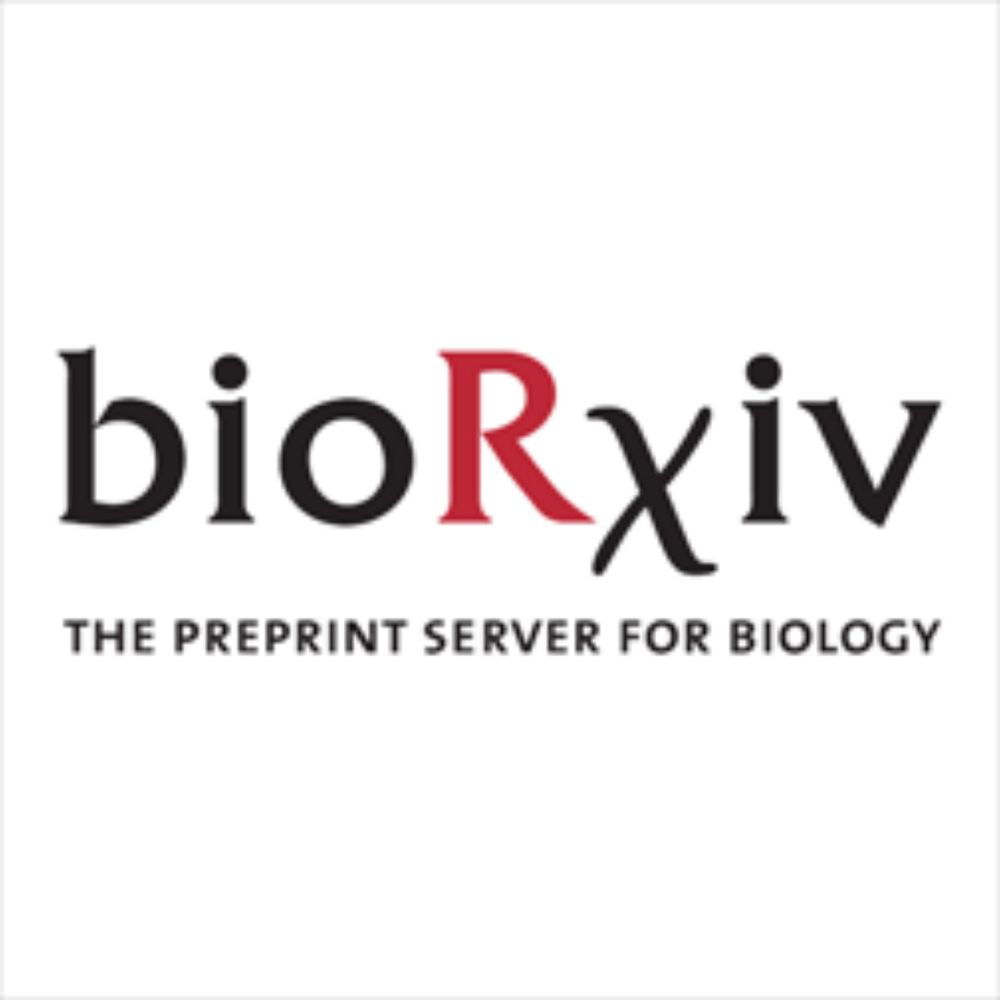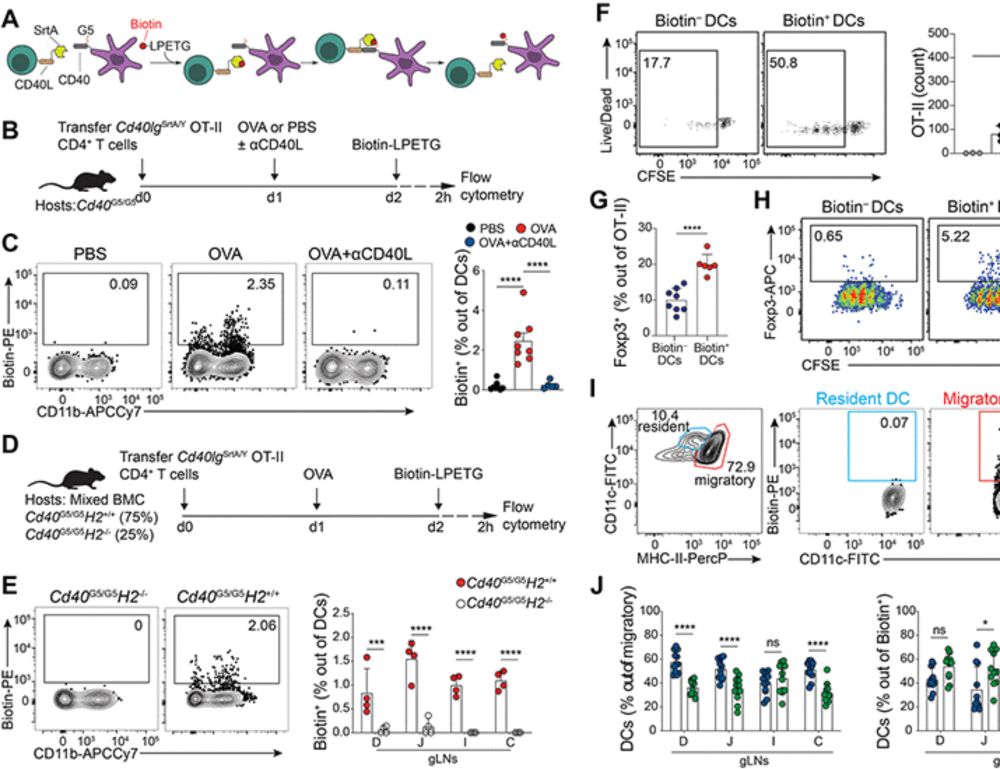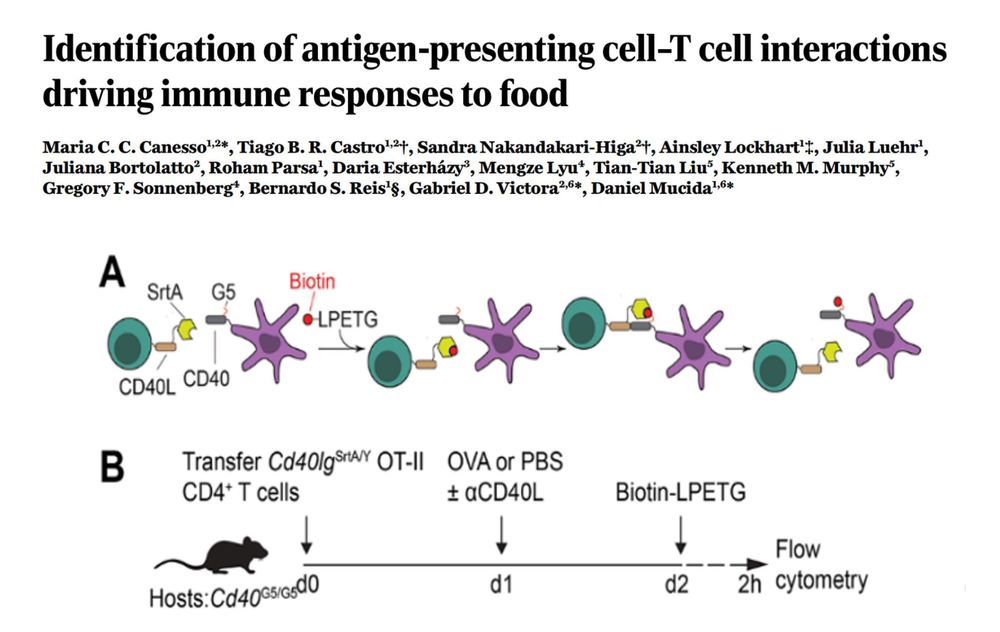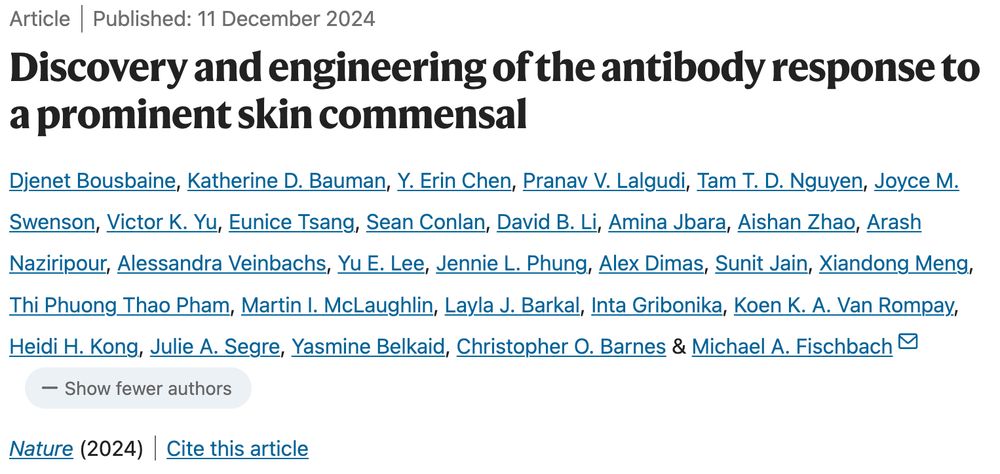Former Boehringer Ingelheim Fonds PhD Fellow with @victora.bsky.social at Rockefeller University.
www.biorxiv.org/content/10.1...

www.biorxiv.org/content/10.1...



www.biorxiv.org/content/10.1...

www.biorxiv.org/content/10.1...
@damonrunyon.org @hhmi.org
@damonrunyon.org @hhmi.org
www.nature.com/articles/s41...

www.nature.com/articles/s41...

www.science.org/doi/10.1126/....

www.science.org/doi/10.1126/....
Identification of APCs in the gut that promote Treg differentiation and how tolerance to food antigens is influenced by helminth infection
https://buff.ly/3DjNQ1e
By Maria Canesso, @danmucida.bsky.social , @victora.bsky.social and colleagues.

Identification of APCs in the gut that promote Treg differentiation and how tolerance to food antigens is influenced by helminth infection
https://buff.ly/3DjNQ1e
By Maria Canesso, @danmucida.bsky.social , @victora.bsky.social and colleagues.

More information at parsalab.science
More information at parsalab.science
We have an advertisement up for a technician (SRA) position:
jobs.ucla.edu/jobs/5998

We have an advertisement up for a technician (SRA) position:
jobs.ucla.edu/jobs/5998

